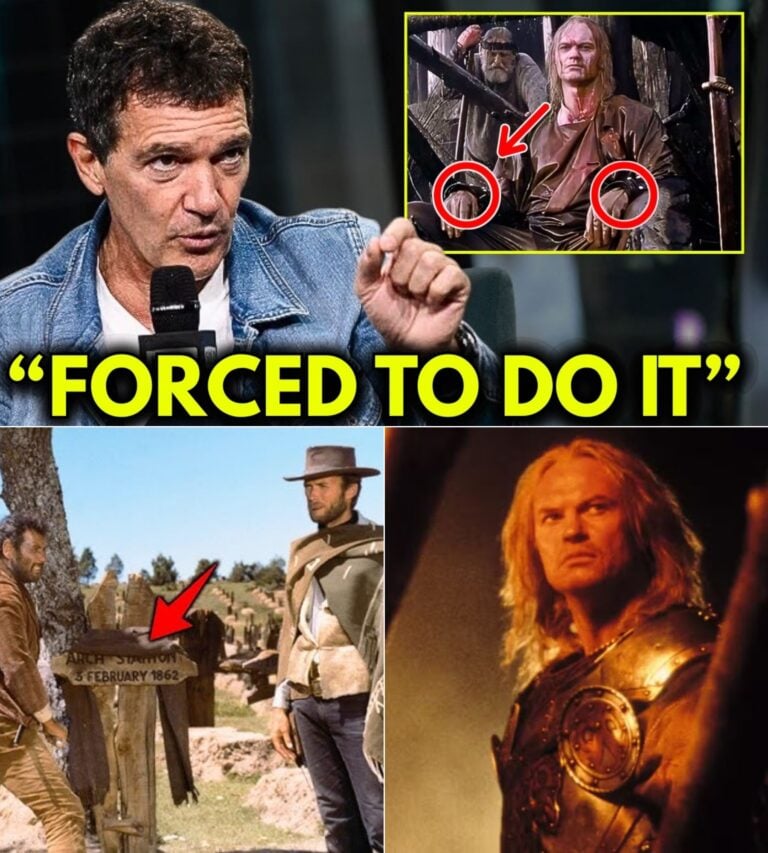It’s one of the most legendary—and controversial—moments in British comedy history: the “Don’t mention the war” scene from Fawlty Towers. But what many fans don’t realize is that this single episode, “The Germans,” almost got the entire show pulled from the BBC’s schedule—and changed how British television handles satire forever.

When the episode first aired in 1975, it was meant to lampoon the stiff, awkward nature of postwar British manners, not mock the tragedies of history. John Cleese’s Basil Fawlty, concussed and deliriously trying to host a group of German guests, ends up doing exactly what he tells his staff not to do: mentioning the war—repeatedly, and disastrously.
The moment was pure comic chaos: Cleese goose-stepping through the hotel dining room, barking nonsense about Hitler, while horrified guests looked on. Audiences roared with laughter—but others were outraged.

Within hours of broadcast, the BBC received a flood of complaints. German viewers living in Britain and several advocacy groups accused the show of insensitivity, claiming the sequence trivialized wartime suffering. Some members of Parliament even called for the episode to be withdrawn from circulation, arguing that such “tasteless humor” was unbecoming of public broadcasting.

Behind the scenes, BBC executives panicked. There were serious discussions about pulling the episode—or even canceling Fawlty Towers altogether. John Cleese, however, refused to apologize. He insisted that the episode wasn’t mocking Germany or World War II victims, but rather skewering British hypocrisy and lingering postwar neuroses.
“The joke was never about the Germans,” Cleese later said. “It was about us — the British — and how absurdly we behaved about the past.”
Eventually, cooler heads prevailed. The episode remained on air but was occasionally edited or temporarily banned from rebroadcast during politically sensitive times — including in 2020, when some streaming services briefly removed it amid renewed debates about offensive humor.

Today, “The Germans” stands as one of the most famous—and debated—episodes in television history. Scholars cite it as a case study in satire, censorship, and the evolving boundaries of comedy. For many, it marks the moment when British humor stopped playing it safe and began tackling the uncomfortable truths of its own culture.
Nearly fifty years later, “Don’t mention the war” has become both a punchline and a warning — a reminder of just how thin the line between genius and controversy can be.
https://www.youtube.com/watch?v=HIoE9lH7_OA





